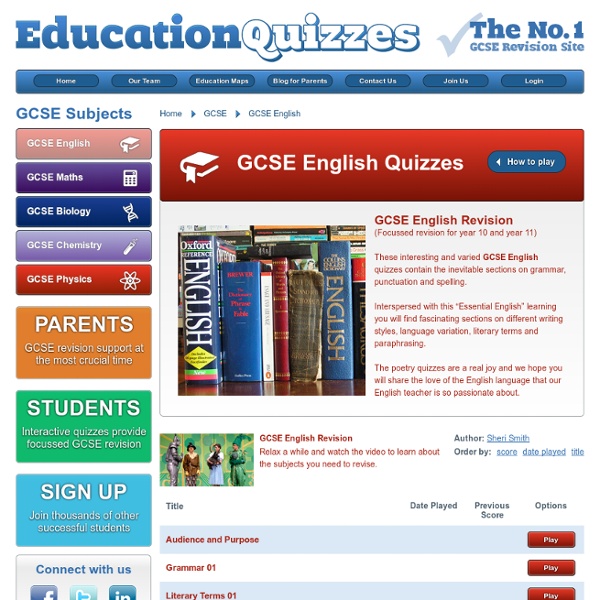



English Open global navigation Cambridge English combines the experience and expertise of two world-leading departments of the University of Cambridge - Cambridge University Press and Cambridge English Language Assessment. Together, we deliver real-life English language learning, teaching and assessment through world-class research and a profound commitment to delivering educational value for the benefit of society as a whole. I'm a teacher Show me titles, courses and resources that I can use to teach my students and resources for my own professional development. Continue I'm a student Show me titles and courses I study and free resources. Continue Show me everything I need to see everything regardless of user type. Continue Thank you for your feedback which will help us improve our service. If you requested a response, we will make sure to get back to you shortly. Please fill in the required fields in your feedback submission.
Vitamin D Deficiency Common By Meredith Hegg Washington, D.C.20 July 2009VOA News While scientists have known for decades that vitamin D deficiency leads to bone diseases like rickets, more recently they have found connections between low vitamin D levels and a wide range of other illnesses, including cancer, autoimmune disorders and caradiovascular disorders. The human body creates vitamin D through exposure to sunlight, and yet some of the sunniest parts of the world have the highest rates of vitamin D deficiency. Several factors have contributed to dangerously low vitamin D blood levels among people in the Middle East, Africa and Asia. Vitamin D necessary for bone strength Healthy bones depend on vitamin D, says Ambrish Mithal of the Indian Society for Bone and Mineral Research. "Vitamin D is what absorbs calcium into our body and helps it reach the bone. Getting enough vitamin D should be relatively simple. "The major source of vitamin D is sunshine," Mithal says. Vitamin D deficiency common, even in sunny places
Matching Quizzes for ESL Students (Flash) Verb Tenses Chart - GrammarBank Simple Present Tense It snows in Alaska.I watch television everyday.I visit my cousin all the time. Also see Tense Agreement In general, the simple present expresses events or situations that exist always, usually, habitually; they exist now, they have existed in the past, and probably will exist in the future.See Simple Present Tense for detailed grammar explanations. PDFs: BE Positive BE Negative BE Questions BE Mixed WH Questions Simple Past Tense It snowed yesterday. At one particular time in the past, this happened. PDFs: Regular Positive Simple Past To Be Irregular Positive Irregular Negative & Questions Mixed Exercise Simple Future Tense It will snow tomorrow.I will watch television tonight.I will visit my cousin later. At one particular time in the future, this will happen.See Simple Future Tense for detailed grammar explanations. See Simple Tenses Practice Present Progressive Tense He is sleeping right now. He is asleep at the moment. Past Progressive Tense He was sleeping when I arrived.
English news and easy articles for students of English IdiomSite.com - Find out the meanings of common sayings Why is there a "b" in doubt? - Gina Cooke This is a map of the wheel-ruts of modern English. Etymologies are not definitions; they're explanations of what our words meant and how they sounded 600 or 2,000 years ago. We all know certain spelling errors are very common, such as miniscule or geneology. But how common exactly, and are they getting more or less common as time goes on? Spelling is the writing of one or more words with letters and diacritics. On the history of spelling. by the Rev. Real Spelling www.realspelling.com WordWorks www.wordworkskingston.com Real Spellers www.realspellers.org This is a past TED conversation. For other language and literature lessons from TED-Ed, check out this YouTube playlist: